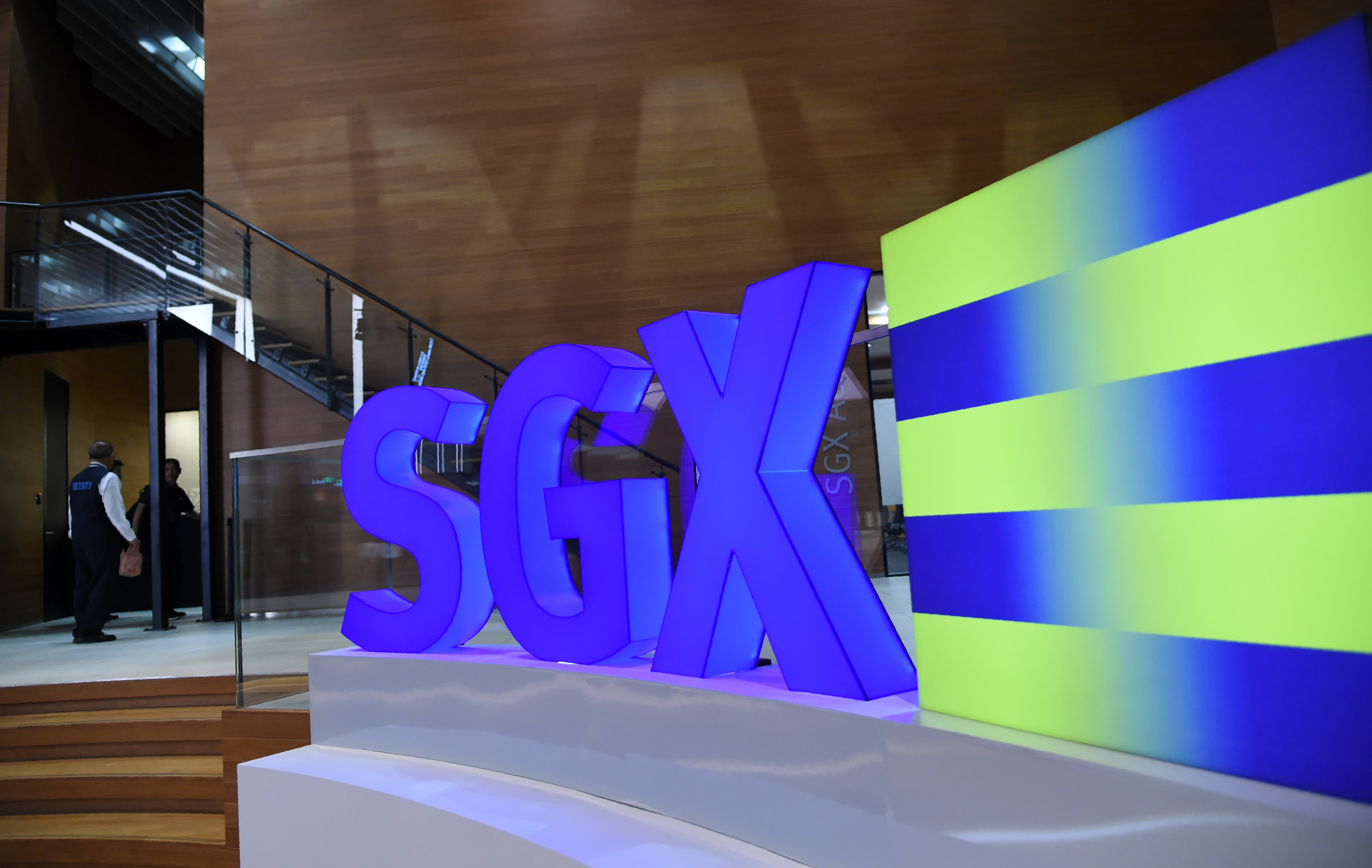
SINGAPORE — Singapore’s first blank check company started trading on the country’s stock exchange on Thursday afternoon, four months after the bourse launched new rules allowing special purpose acquisition companies (SPACs) to list.
Vertex Technology Acquisition Corporation (VTAC), is sponsored by Vertex Venture, a wholly owned subsidiary of state investor Temasek Holdings.
The SPAC’s initial public offering of 11.8 million units had an offer price of $5 Singapore dollars. The retail tranche of 600,000 units was 36 times subscribed.
The stock opened at a high of $5.25 Singapore dollars before paring gains to close at $5.05 Singapore dollars, up 1% from its offer price.
The company raised $200 million Singapore dollars (more than $148 million) from investors including other Temasek subsidiaries Venezio Investments and Fullerton Fund Management.
VTAC will seek to acquire at least one business within two years of its listing date, and will focus on areas such as cybersecurity, artificial intelligence and fintech.
SPACs have become very popular recently and are established solely to raise capital from investors in order to acquire one or more operating businesses. They raise money in an initial public offering and use the cash to merge with a private firm, in order to take the company public and bypass traditional IPO processes which can be lengthy.
Bid to attract more companies
Singapore may be able to draw companies to its stock market through its push for SPACs, said Ringo Choi, EY Asia-Pacific IPO leader.
“Companies may be considering to be listed in Hong Kong or say Malaysia or other ASEAN countries, but they will prefer to go for this Singapore SPAC IPO if they have this opportunity,” he told CNBC’s “Street Signs Asia” on Thursday.
He pointed out that the blank check company was heavily oversubscribed, and the firms may be able to price shares higher in Singapore.
That could be a boost for the city state, which has seen average IPO sizes decline and thin liquidity in recent years, Choi said. The authorities want Singapore to be a competitive financial hub with high trading volumes, and were eager to introduce new pathways, he said.
Singapore is one of the first markets in Asia to allow such listings.
Michael Marquardt, CEO of investor services company IQ-EQ Asia, described Singapore’s approach to SPACs as conservative because it only relaxed its regulations last year.
“This strategy has provided investors with the confidence they need to trigger new SPAC listings,” he said in an email. The commitment to create a safe and regulated capital market environment will benefit SPACs in the long run by attracting more inflows, he said.
Marquardt also predicted that more SPACs will start to list in Asia’s financial hubs.
“Given the changes to Hong Kong’s listing regime that came into effect at the start of the year, these rule revisions across both jurisdictions will serve to encourage SPAC activity in Asia,” he said.




